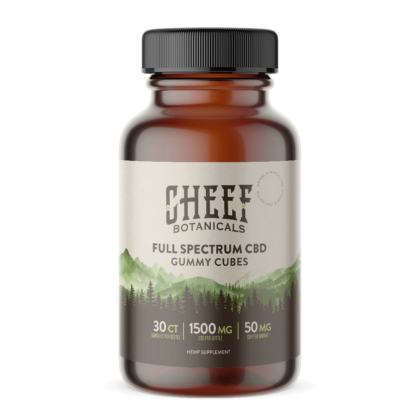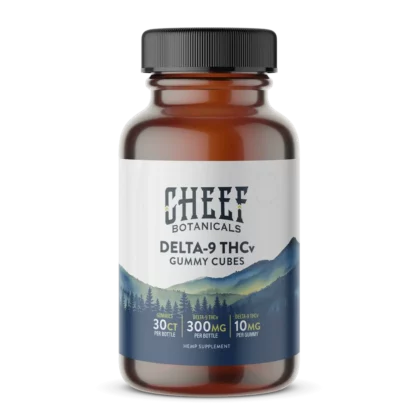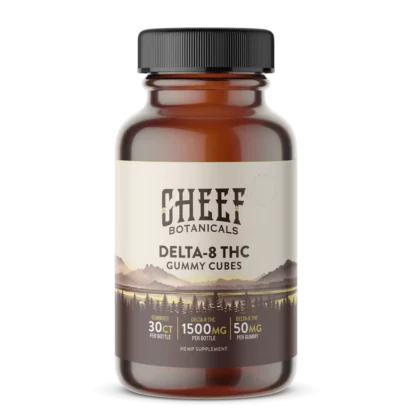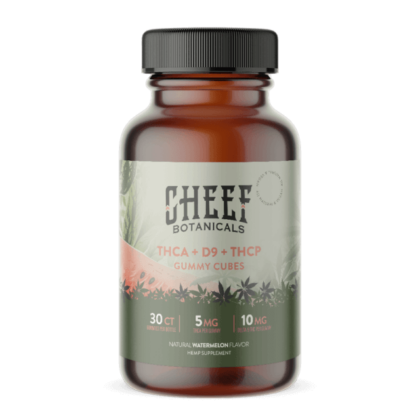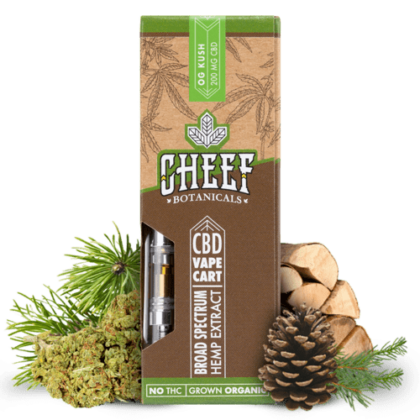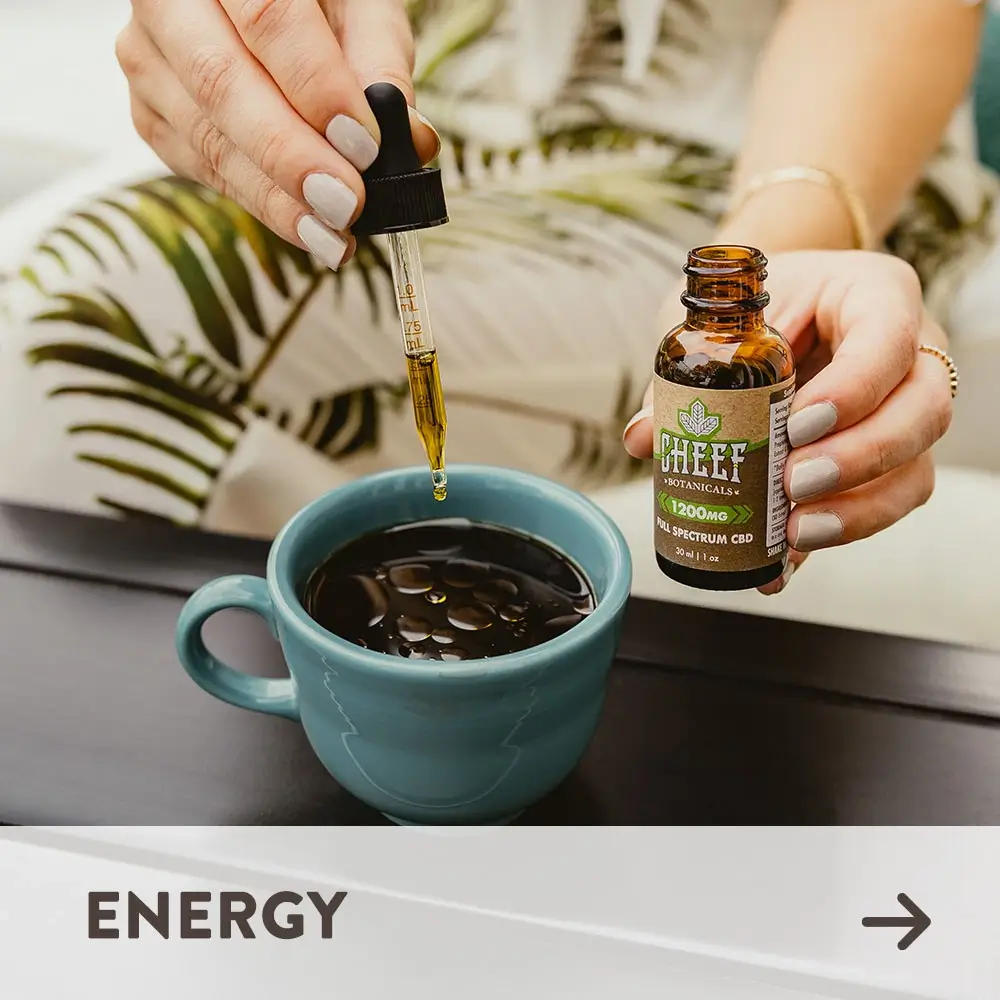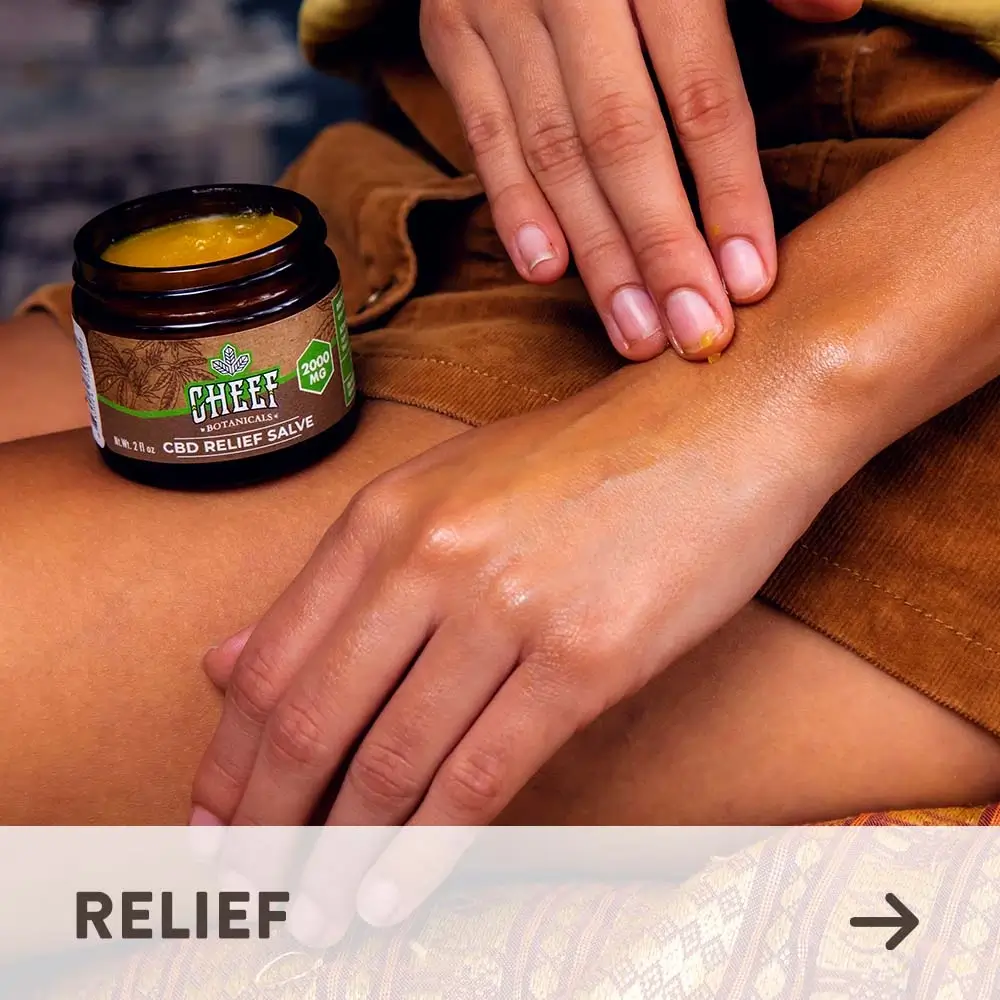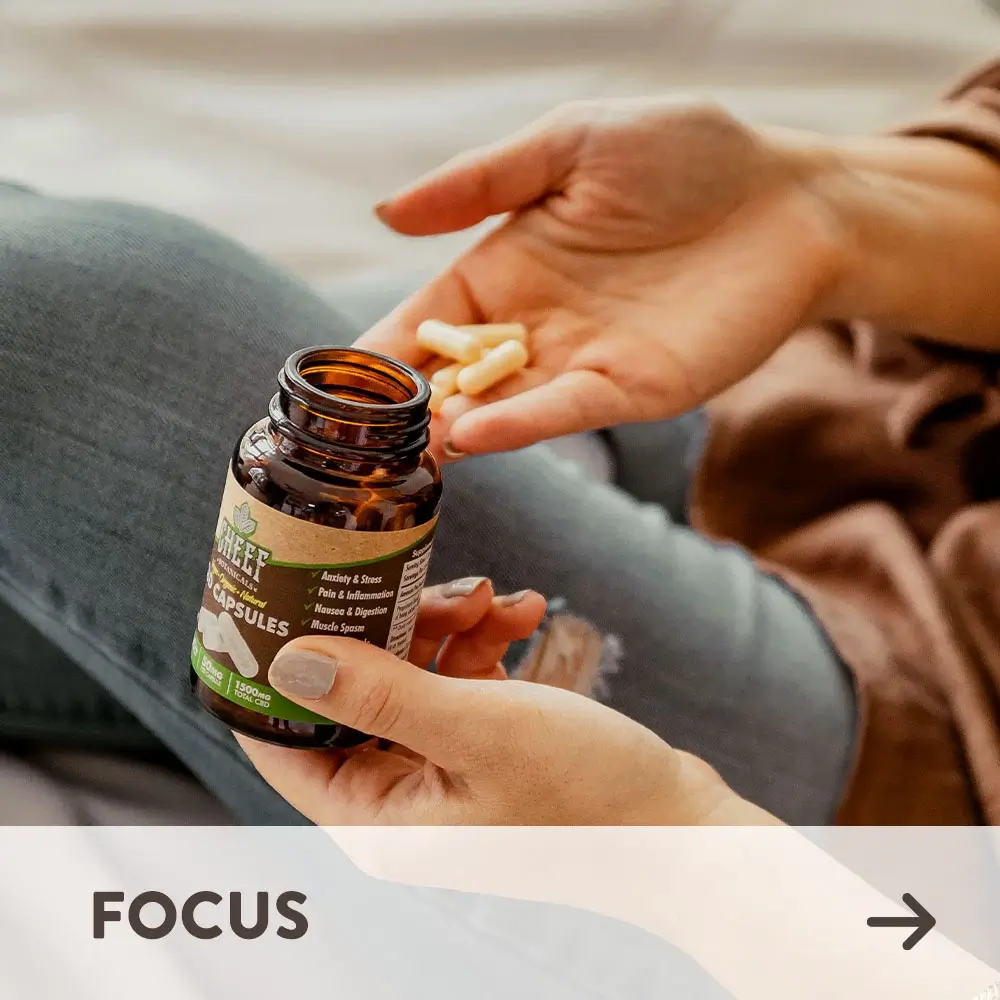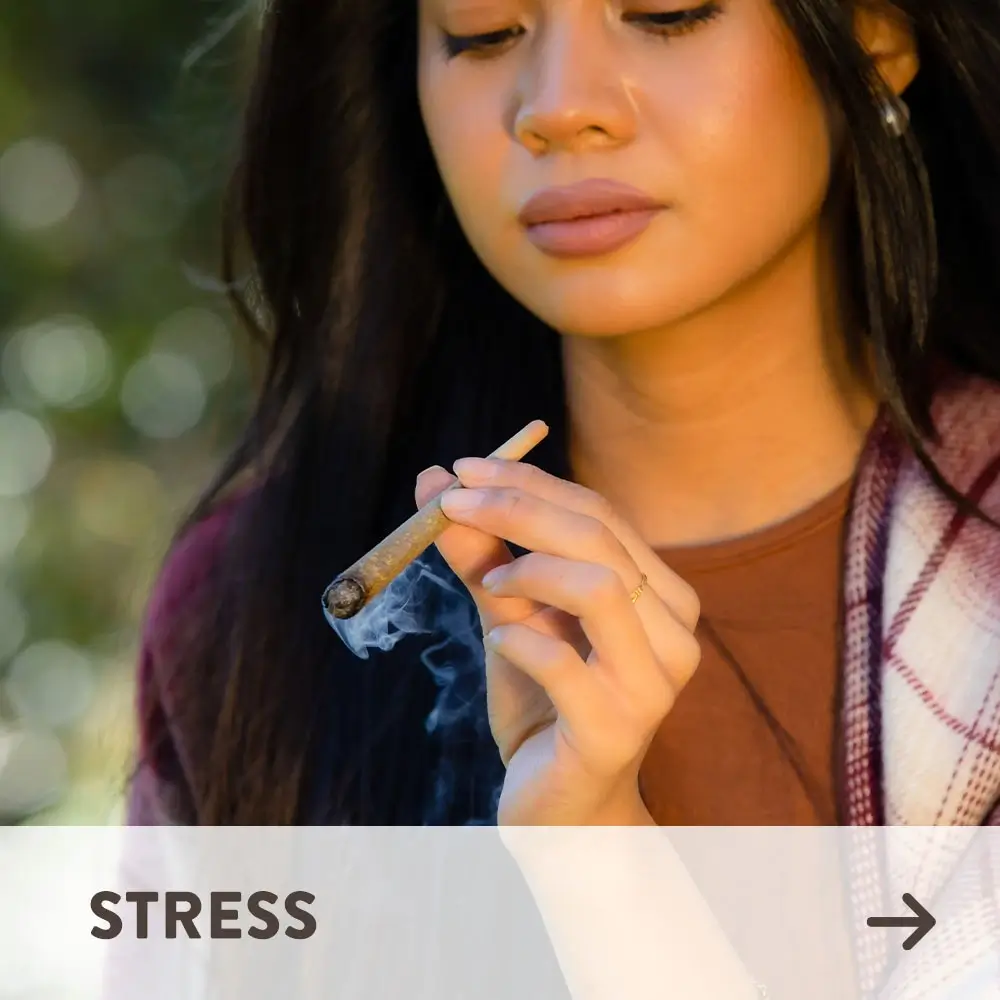-
Shop
-
By Benefit
-
Discover
What Happens if You Take Too Much CBD? Side Effects EXPLAINED
Many people take CBD to bolster their daily routines, to help take better care of their minds and bodies. But, as a relatively new product on the market, not everyone knows their CBD tolerance or its effectiveness. So what happens if you take too much CBD, and how can it affect your body?
Fortunately, it is highly unlikely that CBD will pose any danger to your health! But, it is still important to understand how CBD can affect people. Just as there are many positive benefits, CBD comes with a couple of potential side effects. Read on to learn more about CBD!
Is CBD Safe?
CBD (cannabidiol) is well-tolerated by most people. It’s a naturally occurring compound that is non-toxic and can support the body in many ways.
When we consume CBD, it reacts with receptors in our endocannabinoid system (ECS). Our ECS is responsible for regulating many of our body’s functions like sleep, mood, appetite, digestion, and memory. By supporting our ECS, CBD can help us reach an inner balance which allows us to perform better in our daily lives.
Some of the amazing benefits that CBD can provide are:
- Better sleep
- Less physical discomfort
- Enhanced mood
- Calmer digestion
- Reduced nervous or anxious behaviors
While CBD can help boost your overall wellness, it is not meant to treat, cure, or prevent any sicknesses or diseases. If you have more serious health conditions, see a doctor for proper care.
CBD is also incredibly effective for pets! Many pet CBD products provide similar calming effects and can help manage nervous or anxious behaviors. Whether you are buying CBD cat treats or CBD oil, look for products made with all-natural, organic ingredients that can help boost your pet’s health.
What Happens if You Take Too Much CBD?
Although CBD the vast majority of people have no issue taking CBD, there are still a few potential side effects. Most reported side effects are typically very mild and go away within just a few hours. Many people won’t experience any of these reactions, but CBD may cause the following:
- Dry mouth
- Slight dizziness or nausea
- Mild diarrhea
- Changes in appetite or mood
So, what happens if you take too much CBD? Like Everything you take, consuming excessive amounts of CBD increases the likelihood of experiencing adverse effects. Taking too much CBD could result in enhanced side effects such as an extremely dry mouth or slightly stronger feelings of nausea.
Keep in mind these side effects are typically very minor. The potential benefits of CBD far exceed any of the risks that may come with its consumption. Many people who take CBD do not report any issues and tolerate it very well.

Can You Overdose on CBD?
Nope! There is currently no evidence suggesting that you can overdose on CBD. Because CBD is still considered relatively new, many people misunderstand or are not fully aware of its effects. Though it is very rare for CBD to cause any adverse effects, remember to follow the provided dosage suggestions to avoid any risks of sickness or discomfort.
Remember that CBD is a non-toxic compound and should not cause any damage or harm to your body. This study published in 2011 examined the effects of chronic use of CBD and found that the average person can tolerate up to 1500 mg per day with no issues.
For comparison, an average dose of CBD is around 30-40 mg, which can last up to 4-8 hours. You would have to consume 40 or more servings of CBD to reach 1500 mg of CBD!
Can You Get Addicted to CBD?
The good news is that it’s nearly impossible to get addicted to CBD! Why? Well, for one, CBD is a non-psychoactive compound that should not produce any euphoric or intoxicating effects. Secondly, consumers do not develop a tolerance to CBD. This means you don’t have to increase your dose to feel the same effects.
Most addictive substances are directly tied to a change in motor or psychological functions such as heart rate, blood pressure, or body temperature. These substances include nicotine, alcohol, and other drugs that can produce a high for people to get hooked on. However, CBD does NOT cause any of these changes to the body, and it is not supposed to cause any kind of intoxication.
One study in 2016 found that there were basically zero risks of abuse from consuming CBD. In fact, the researchers concluded that the potential risk of CBD was the same as taking a placebo, which amounts to none. A similar report published by the World Health Organization (WHO) declared that CBD oil is non-addictive since test subjects did not show any signs of dependence.
Preventing Addiction
Not only is CBD non-addictive, but it has also shown promise in dealing with certain addiction issues. This 2018 study found that CBD significantly reduced cigarette cravings and withdrawal symptoms in smokers. Researchers remarked that CBD could have potential in managing addictive disorders.
CBD’s unique ability to soothe the nerves may play a role in preventing addiction. Addicts often turn to substances because it temporarily calms them down. CBD can potentially reduce the chances of relapse by soothing that nervousness and helping them cope with stress. The calming benefits of CBD also benefit our overall wellness.
Remember to always consult with a doctor if you are unsure about how your body will react to CBD. If you are taking other medications, CBD could potentially decrease the effectiveness of your prescriptions.
RELATED: Can CBD Vaping Replace Smoking Cigarettes?
What’s the Difference Between CBD & THC?
CBD (cannabidiol) and THC (tetrahydrocannabinol) are both compounds derived from cannabis plants. CBD comes from hemp, while THC is extracted from marijuana. Both cannabinoids can help us relax and relieve any discomfort.
But, the one main difference between the two is that THC is a psychoactive compound that produces a euphoric high. Because THC induces this high, there is an increased risk of addiction. Many people began switching to CBD because it is non-intoxicating and carries minimal side effects.
Because marijuana can affect our motor functions and heart rate, THC products are still heavily regulated in many states. In contrast, you rarely feel lethargic or sluggish when you take CBD. This allows you to consume it at any time of the day and still function at a high level.

Is CBD Legal?
Yes, all CBD products are legal under the 2018 Farm Bill! The 2018 Farm Bill authorizes all hemp and hemp-derived products for sale and production. The bill also states that hemp crops or any hemp product cannot contain more than 0.3% THC. Any CBD product that contains over 0.3% THC is classified as a marijuana product, which is still illegal under federal law.
Even though CBD is legal nationwide, some states may set certain age limits when it comes to purchasing. If you live in a state where marijuana is legal, you may run into CBD products that contain more than the federal limit of THC (0.3%).
How Much CBD Is Right for Me?
Everyone tolerates CBD differently depending on factors like age, weight, metabolism, and when they last ate or took CBD. It may take some time to figure out your optimal dosage to feel the most benefits from CBD.
Though there are no official guidelines on the best CBD dosage, we recommend taking 0.25 mg CBD for every pound of body weight for a regular dose. For example, if you weigh 160 lbs, a good starting dose would be about 40 mg of CBD.
(160 lbs x 0.25 mg/lb = 40 mg)
If you are looking for increased effects, try taking 0.5 mg of CBD per pound of body weight for a more potent dose. The same 160 lb person would take 80 mg of CBD for a stronger dose.
(160 lbs x 0.5 mg/lb = 80 mg)
Depending on your method of consumption, you can take CBD multiple times a day to feel sustained effects. Here is a quick rundown of how long the effects should last with each method:
- Ingestion/Edibles – Can last up to 6-8 hours, can take up to an hour for effects to kick in
- Smoking or vaping – Can last 3-4 hours, typically takes effect almost instantly
- Under-the-tongue (sublingual) – Can last 3-4 hours, the effects usually kick in after 10-15 minutes
- Topicals – Typically used for fast-acting muscle soreness or discomfort relief, immediate effects
If you are new to CBD, it’s always a good idea to start with lower doses. After getting used to the effects, you can gradually bump up your dosage until you reach the optimal amount of CBD!
Final Thoughts – What Happens If You Take Too Much CBD?
If you were worried about taking too much CBD before reading this article, hopefully, some of your concerns are gone. The benefits of CBD far outweigh its minor risks! CBD can provide uplifting feelings of serenity and without any of the intoxicating effects of THC. If you need a little boost in your daily life, try CBD today and feel the bliss for yourself!
 FREE Shipping on orders $80+
FREE Shipping on orders $80+

 Sale
Sale 